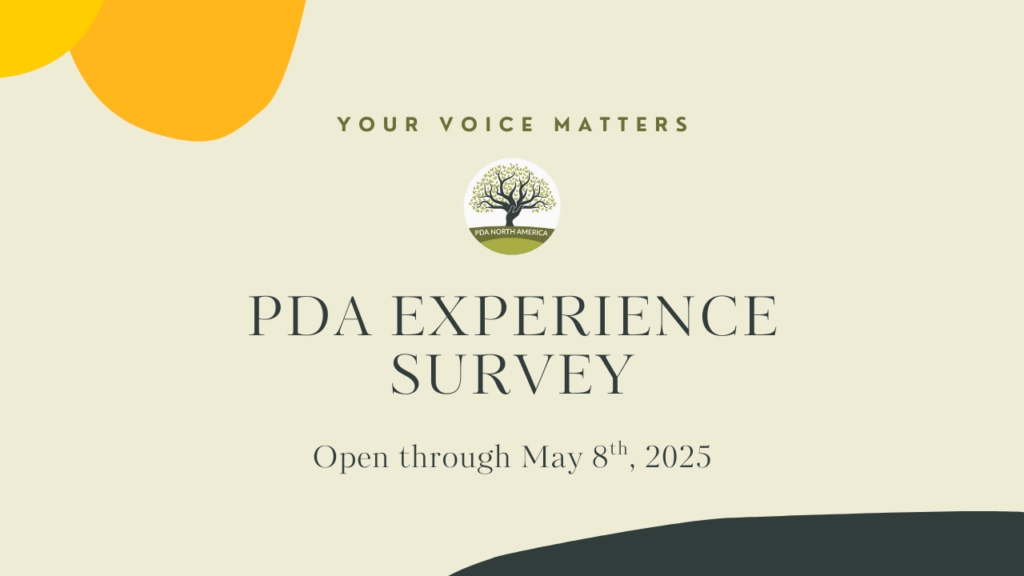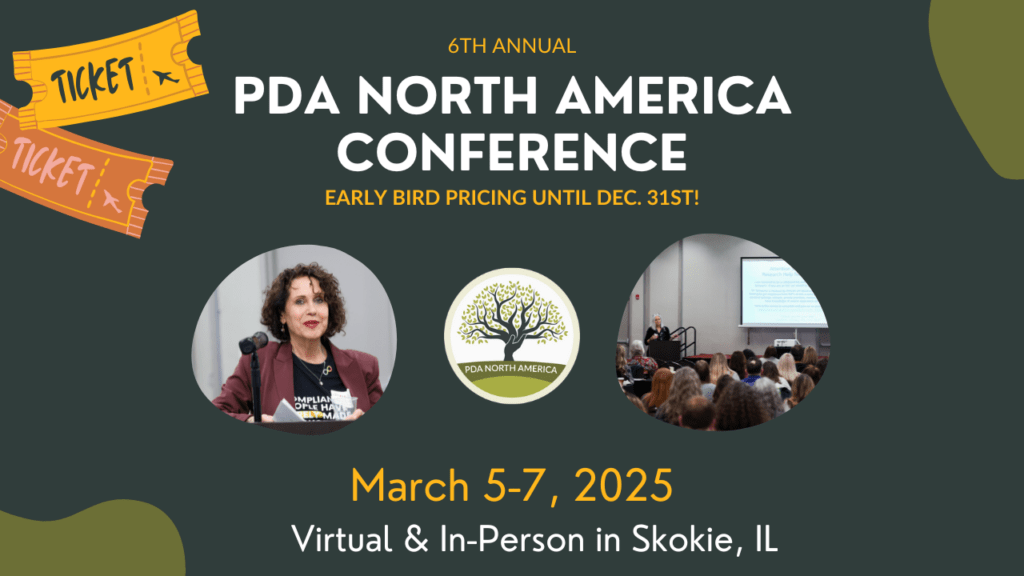by Dr. Danika Maddocks, founder of The Gifted Learning Lab
A couple weeks ago, I headed to urgent care one night after I put my kid to bed because I thought I might have appendicitis.
The doctor tested the tenderness in my abdomen and we discovered that I had a ton of pain right at the location of my appendix.
The doctor kind of squinted his eyes at me and said, “You look pretty well. But I can’t in good conscience send you home with pain right in that spot.” He suggested I go to an ER to have a scan to determine whether I had appendicitis and needed surgery.
From urgent care, I took a Lyft to the ER, where I waited patiently but nervously to be seen by the triage nurse and then escorted to a chair for a more thorough intake. After a few minutes in the chair inside the ER, I started to notice how loud and busy the ER was, and how stressful it was to hear other patients’ complaints and distress. I started to notice my pain more acutely, and for the first time I started to feel the nausea the doctors kept asking about. I began to wish I had my Loop earplugs – and I reached into my bag to see if they might be in there.
The minute I leaned over, I felt a really intense pain and my vision started to blur and fade away. I almost fainted and called to a nearby nurse, who helped me recover and had me put on a gurney in the hallway. A scan confirmed appendicitis, but there were no beds at that hospital so I was transferred to another hospital at 3am, where I felt extremely lucky to have a private room. I had my appendix removed the same day and the doctors said I could go home but I asked to stay another night to recover.
Given all of this, I’ve been thinking a lot about some of the challenges neurodivergent/gifted/2e people often face when they access healthcare.
I wanted to share some of my observations from my personal experience and common challenges I’ve seen with my own kid and heard about from other families.
This won’t be an exhaustive list, but I hope it helps you articulate any challenges you’ve experience accessing healthcare with your kid or for yourself.
Providers mistake intelligence or masking for wellness
Almost every time we’ve taken my kid to urgent care or to the ER for a medical problem, providers have commented on how verbal, capable, charming, or impressive he is. This has been true since he was an infant. Sometimes providers have neglected our concerns or brushed them off because our kid seemed so “well” to them.
He’s talking so well – his head injury can’t be that bad.
He has lots of energy – he can’t be that sick.
Or, with his pediatrician – He scored low on this social screener, but he’s so verbal. I clearly don’t have any concerns.
I thought of this trend when the urgent care doctor told me – “You look pretty well.”
I have a tendency to go into high-performing, anxiety-driven, push-through-it mode during stressful events. At urgent care that night, I was doing my best to keep it together, to be pleasant, to not freak out. I’ve learned that during stressful events, my body is often flooded with adrenaline and I can seem pretty “well” and put together, until I ultimately crash.
For a lot of high-masking PDAers, their apparent wellness is masking in action.
We’re compelled to put our “best face” forward to keep ourselves safe and making a good impression with others. We may also look calm and collected during moments of high anxiety, as we focus on getting ourselves to care safely. Although this tendency has some benefits, it can muddle the picture for doctors who expect someone to look sick or low energy when something’s off.
Providers mistake high energy for wellness
My own brain almost never seems to “turn off” and my kid’s doesn’t either – even when we’re sick.
I’ve heard from many families that their kids seem alert and energetic even when they’re sick. Again, this may mean that providers underestimate how sick your child is (or how sick you are). Providers may not recognize more serious symptoms or infections unless they explicitly check for them (e.g., do a strep test or flu test, check vitals, consider a sinus or ear infection).
Providers underestimate pain or distress
Many neurodivergent folks, autistic folks in particular, find it difficult to convey their pain in a way that others understand.
I’ve had a number of autistic kids and teens tell me that others don’t recognize when they’re feeling pain, anxiety, or distress – even when it seems so obvious to the kid or teen. And I’ve heard parents tell me how difficult it can be to notice their kid’s distress, because their kid might have a neutral face or look “okay.”
This meme from @AutSciPerson shows it well – many autistic folks (including kids and teens) can look pretty neutral to an outside observer, even when they’re in pain. Even if your kid shows great distress over small injuries or challenges, they may look more stony-faced during high-pain incidents if they’ve gone into shutdown or they’re feeling totally overwhelmed.
|
|
Healthcare settings can feel overwhelming and/or overstimulating
Many healthcare settings can feel overwhelming for neurodivergent kids, teens, and adults. These settings tend to have bright lighting, uncomfortable furniture or garments, uncomfortable or painful procedures (e.g., shots, blood draws), and some settings like urgent care or the ER tend to be loud, hectic, crowded, and unpredictable.
Medical appointments also tend to feel demand-heavy – there are a lot of instructions to follow and providers tend to give advice and admonitions about health, eating, sleep, and hygiene – tasks that tend to be hard for PDA kids already.
When you’re a parent to a PDA kid or teen, it can feel overwhelming to focus on a doctor’s questions while also entertaining or soothing your bored or anxious child. Many neurodivergent adults also find it difficult to organize their thoughts during a medical appointment and to keep track of what they want to ask or say.
What strategies can help?
In a future post, I’ll share some ideas about how to help you and your child have more positive healthcare experiences.
If you’d like to share any strategies or tips that have worked well for you, I’d love to hear! I’ll write back. (danika@giftedlearninglab.com)
To improving our healthcare bit by bit –
Danika
P.S.
If you’d like to navigate healthcare (and other settings) more confidently with your PDA/neurodivergent/gifted/2e kid – without alienating your care team – consider joining me for the next cohort of Support Your Intense Gifted/2e Kid. We’ll start in the fall.
Learn more or get on the waitlist here.
Dr. Danika Maddocks | The Gifted Learning Lab | www.giftedlearninglab.com







